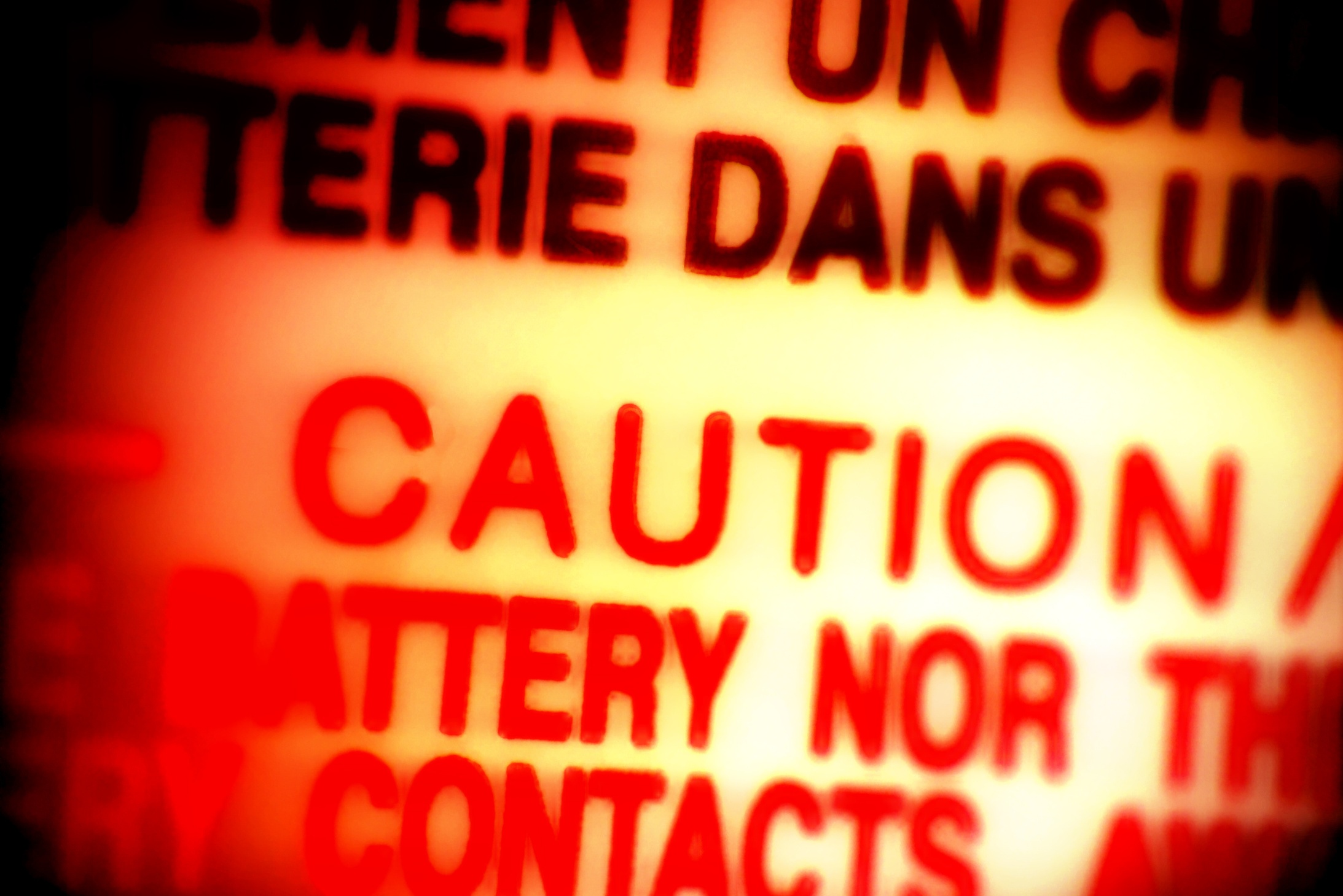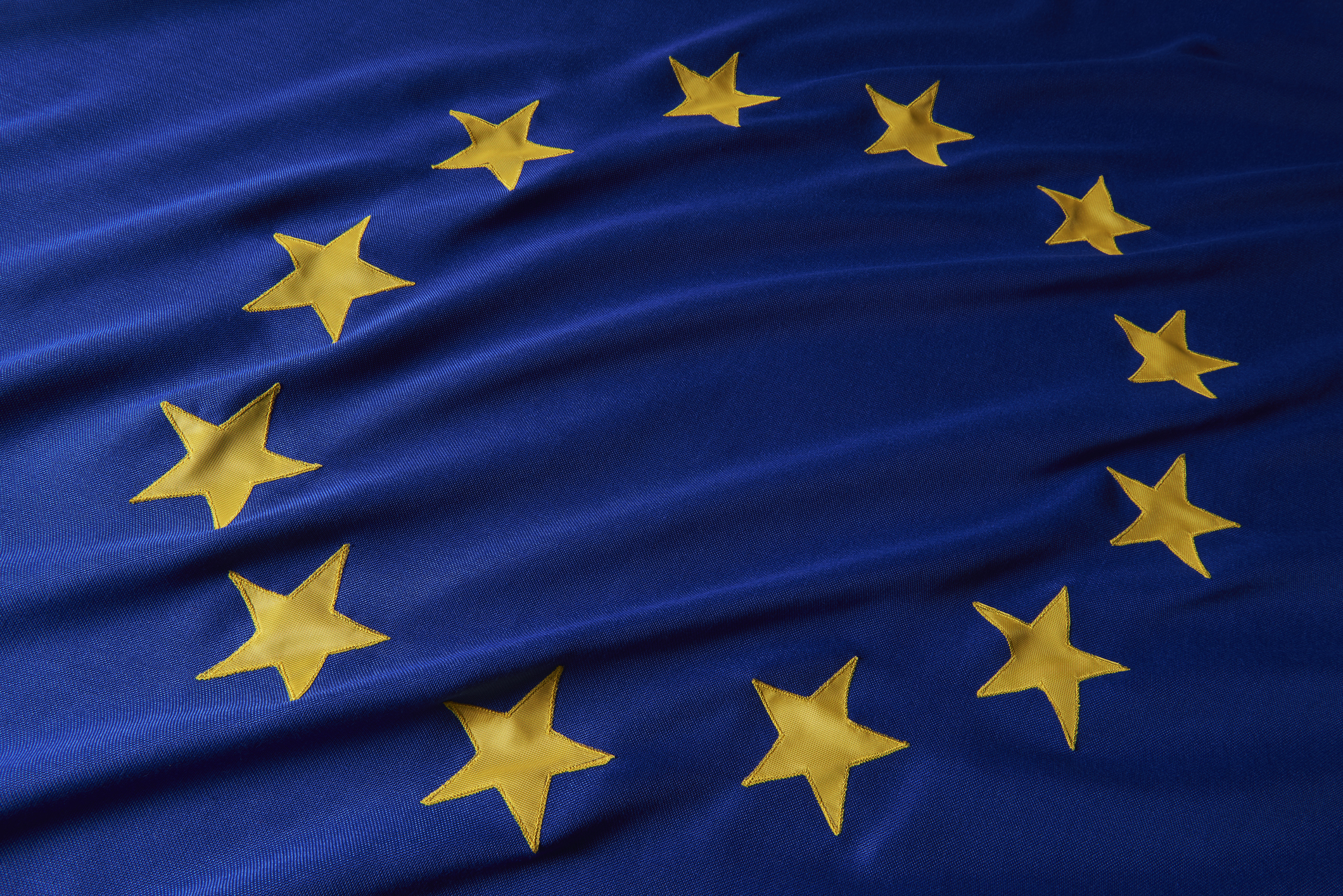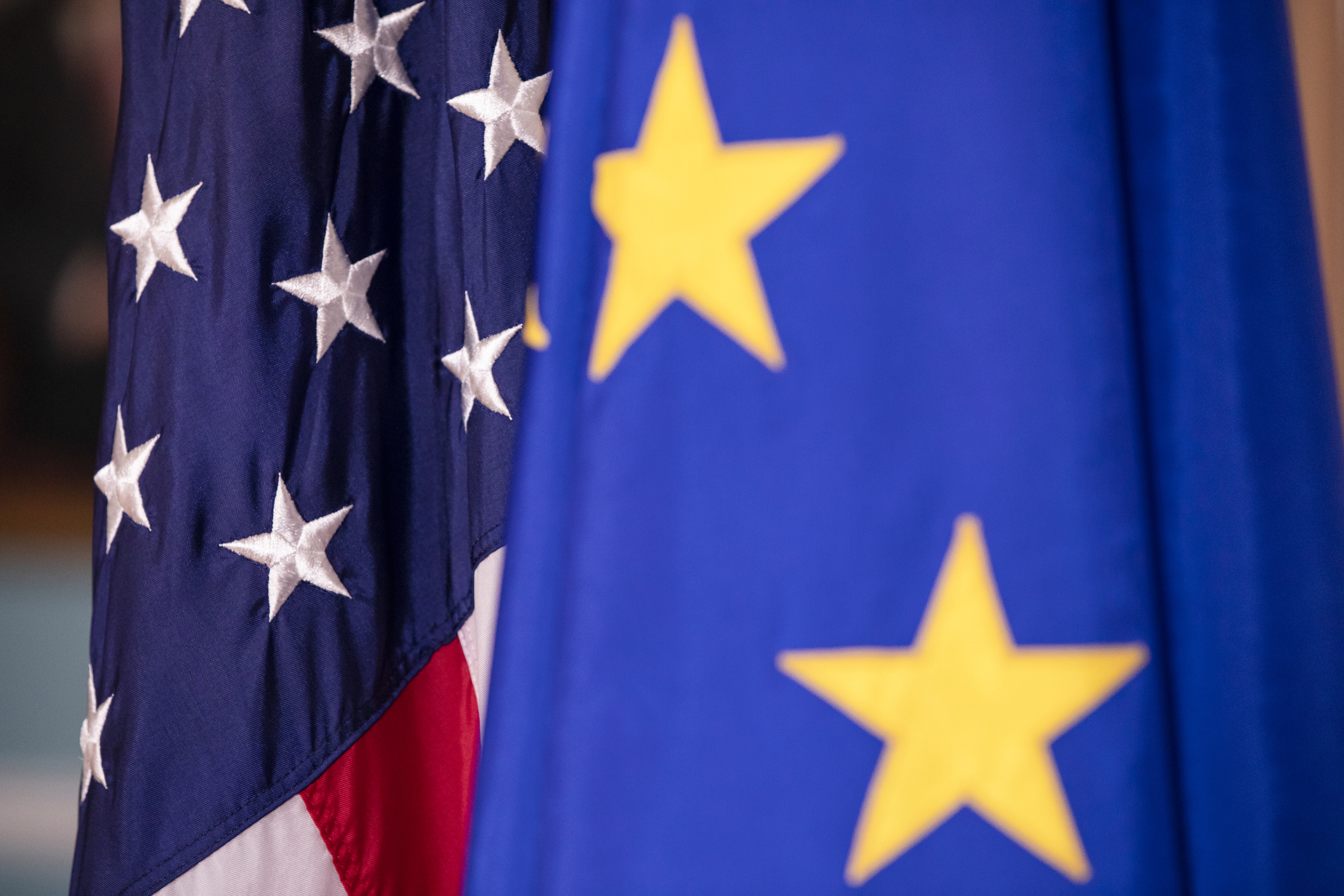Hazardous materials escape European ban
Despite growing pressure from vendors, a European parliamentary committee has resisted extending the RoHS directive on electronic products to include two allegedly dangerous chemicals.


A key European parliamentary committee today voted against banning the use of brominated flame retardants (BFR) and PVC in electronic products, despite mounting industry pressure.
The Committee on the Environment, Public Health and Food Safety voted on the Restrictions of Hazardous Substances (RoHS) directive which saw MEPs agree on many areas, such as an "open scope" approach to include all electronic equipment in future legislation, unless specifically excluded, and the introduction of new methodologies to judge future products.
However, the Committee called for further evaluations to be carried out on the two substances rather than voting for an outright ban.
Last month Acer, Dell, HP and Sony Ericsson said they had teamed up with ChemSec, Clean Production Action and the European Environmental Bureau to push for a ban on BFR and PVC, which they believe pose serious risks to health and the environment.
Frida Hk, the RoHS project manager at ChemSec, said in a statement: "The potential [for BFR and PVC] to release hazardous substances to the environment, through transformation into dioxins, was recognised by the MEPs in the wording of the methodology for possible future restrictions but they were not included on the RoHS restrictions list."
"It is remarkable that the environment committee did not decide to contribute to phase out the use of these hazardous chemicals."
Jill Evans, the UK MEP leading the RoHS directive, supported the ban but was still pleased with today's outcome, claiming it would be the "first step in phasing them out."
Get the ITPro daily newsletter
Sign up today and you will receive a free copy of our Future Focus 2025 report - the leading guidance on AI, cybersecurity and other IT challenges as per 700+ senior executives
Another controversial move by the Committee was the exclusion of renewable energy generation devices, such as solar panels, from any upcoming legislation.
Nardono Nimpuno, senior advisor at ChemSec, said in a statement: "The blanket exclusion of solar panels is a rather strange move by the committee."
"We fully support transitions into renewable energies, however many solar technologies make use of highly problematic chemicals. To exclude them from the scope of RoHS might not be the best incentive to invest in cleaner technologies."
Evans backed the exclusion of renewable energy equipment from the Directive. She said: "I think common sense has prevailed, in that renewable energy technologies will be excluded from the directive with a review due in 2014."
The European Parliament is set to vote on the Committee's recommendations on 5 July.
Jennifer Scott is a former freelance journalist and currently political reporter for Sky News. She has a varied writing history, having started her career at Dennis Publishing, working in various roles across its business technology titles, including ITPro. Jennifer has specialised in a number of areas over the years and has produced a wealth of content for ITPro, focusing largely on data storage, networking, cloud computing, and telecommunications.
Most recently Jennifer has turned her skills to the political sphere and broadcast journalism, where she has worked for the BBC as a political reporter, before moving to Sky News.
-
 Should AI PCs be part of your next hardware refresh?
Should AI PCs be part of your next hardware refresh?AI PCs are fast becoming a business staple and a surefire way to future-proof your business
By Bobby Hellard Published
-
 Westcon-Comstor and Vectra AI launch brace of new channel initiatives
Westcon-Comstor and Vectra AI launch brace of new channel initiativesNews Westcon-Comstor and Vectra AI have announced the launch of two new channel growth initiatives focused on the managed security service provider (MSSP) space and AWS Marketplace.
By Daniel Todd Published
-
 ‘Europe could do it, but it's chosen not to do it’: Eric Schmidt thinks EU regulation will stifle AI innovation – but Britain has a huge opportunity
‘Europe could do it, but it's chosen not to do it’: Eric Schmidt thinks EU regulation will stifle AI innovation – but Britain has a huge opportunityNews Former Google CEO Eric Schmidt believes EU AI regulation is hampering innovation in the region and placing enterprises at a disadvantage.
By Ross Kelly Published
-
 The EU just shelved its AI liability directive
The EU just shelved its AI liability directiveNews The European Commission has scrapped plans to introduce the AI Liability Directive aimed at protecting consumers from harmful AI systems.
By Ross Kelly Published
-
 A big enforcement deadline for the EU AI Act just passed – here's what you need to know
A big enforcement deadline for the EU AI Act just passed – here's what you need to knowNews The first set of compliance deadlines for the EU AI Act passed on the 2nd of February, and enterprises are urged to ramp up preparations for future deadlines.
By George Fitzmaurice Last updated
-
 EU agrees amendments to Cyber Solidarity Act in bid to create ‘cyber shield’ for member states
EU agrees amendments to Cyber Solidarity Act in bid to create ‘cyber shield’ for member statesNews The EU’s Cyber Solidarity Act will provide new mechanisms for authorities to bolster union-wide security practices
By Emma Woollacott Published
-
 The EU's 'long-arm' regulatory approach could create frosty US environment for European tech firms
The EU's 'long-arm' regulatory approach could create frosty US environment for European tech firmsAnalysis US tech firms are throwing their toys out of the pram over the EU’s Digital Markets Act, but will this come back to bite European companies?
By Solomon Klappholz Published
-
 EU AI Act risks collapse if consensus not reached, experts warn
EU AI Act risks collapse if consensus not reached, experts warnAnalysis Industry stakeholders have warned the EU AI Act could stifle innovation ahead of a crunch decision
By Ross Kelly Published
-
 Three quarters of UK firms unprepared for NIS2 regulations, study finds
Three quarters of UK firms unprepared for NIS2 regulations, study findsNews Senior management can be held personally liable for non-compliance under NIS2 rules
By Ross Kelly Published
-
 US-UK data bridge: Everything you need to know
US-UK data bridge: Everything you need to knowNews The US-UK data bridge will ease the complexity of transatlantic data transfers
By Ross Kelly Published